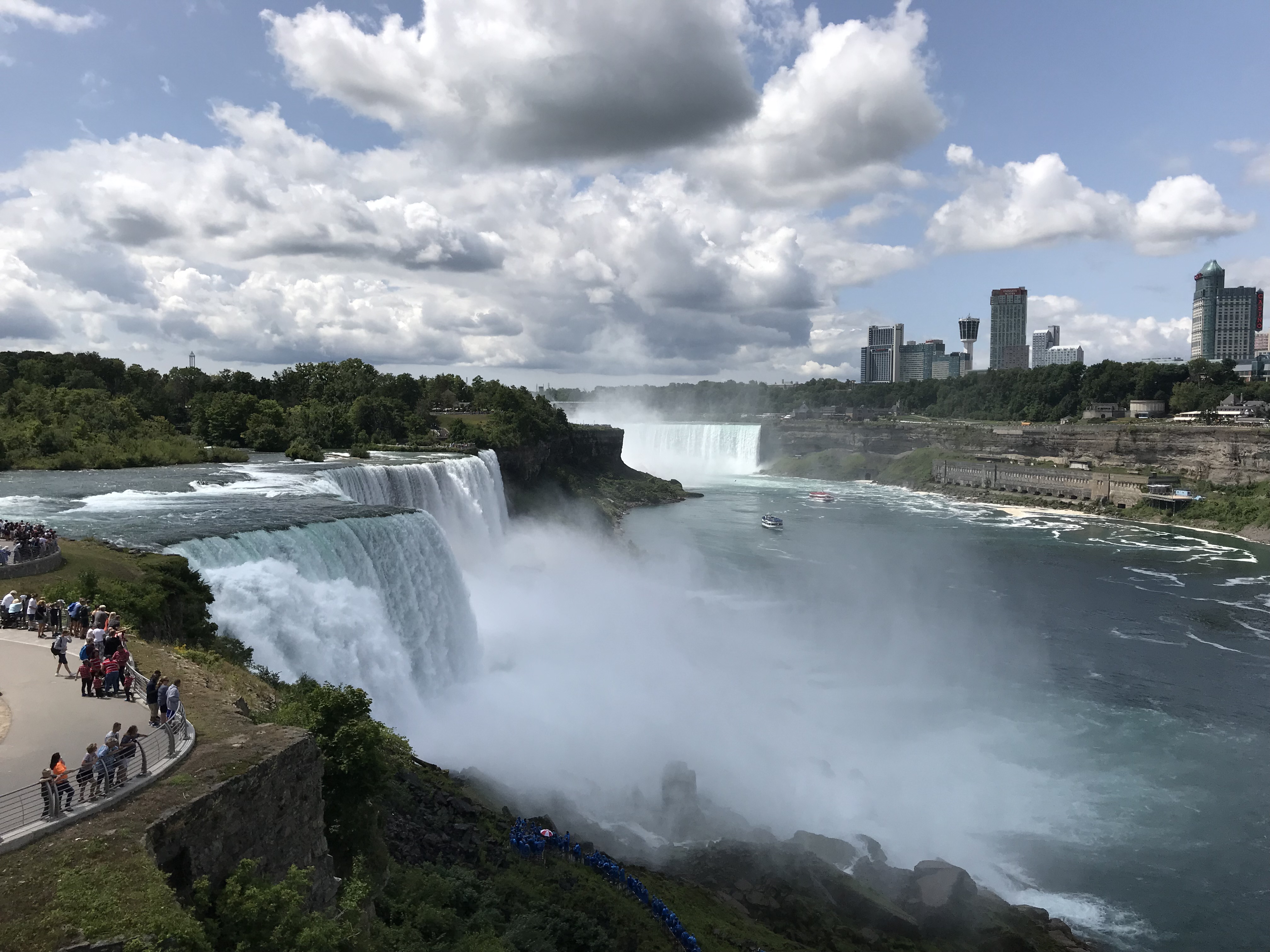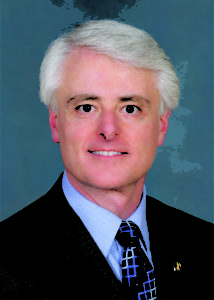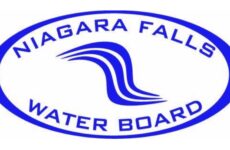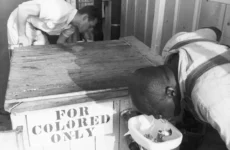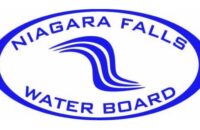Please click the link below to subscribe to a FREE PDF version of each print edition of the Niagara Reporter
http://eepurl.com/dnsYM9
Whether it is black discharge from the wastewater treatment plant or a looming $13 million budget deficit that could mean a double hit next year for residents with possible service cuts and tax increases, things don’t look good in Niagara Falls.
It may not have come as a shock to many earlier this month when Wall Street’s Fitch Ratings Service downgraded the city’s credit worthiness and revised the outlook from stable to negative.
The financial crisis stems, in large measure, from the gaming deadlock between the state and the Seneca Nation over revenue sharing from the casino; a portion of which the state shared with Niagara Falls.
Here’s what Fitch had to say in its downgrade analysis:
“The downgrade and Outlook revision reflect an erosion of the city’s gap-closing capacity given the Seneca Indian Nation’s decision in mid-2017 to cut off casino gambling moneys it paid to the state. The resultant weakening of reserve level has weakened the city’s financial resilience, with limited prospects for a near-term resumption of revenue transfers.”
As we reported exclusively two weeks ago, the arbitration process between the state and the Senecas is now set to begin in December and it could take months, or possibly longer, for any resolution to take place that would result in payments resuming. If ever.
Never mind rumors that Governor Andrew Cuomo could find a way to help Niagara Falls financially after he wins re-election in November. The outlook right now is grim and hovering over all of this is an upcoming mayoral election next year.
So who would want to lead a city facing so many challenges? One possibility, although he hasn’t formally announced, is current Board of Education President and local Niagara Falls attorney Robert Restaino.
“We need to offer our citizens hope for the future, a new vision,” says Restaino who is now in private practice after serving as a City Court Judge.
In a recent interview at his 800 Main Street law office, Restaino stopped short of saying he will run next year but it was clear he had a sparkle in his eye when talking about the city.
He seemed ready to jump out of his seat when talking about Niagara Falls and the problems it faces as if he could not wait to tackle them himself.
“We have large industrial areas of the city that are vacant and we need to do a better job of marketing those opportunities,” says Restaino, noting that a major New York City software company recently expanded its operations to a site near Rochester.
“I don’t think we are doing enough to grow the non-tourism business side of the city,” says the former jurist who said back in January of 2017, during an interview with this reporter, that he’s been thinking about a mayoral run for a long time.
In that interview, he said “I think we need to put ourselves squarely in the job market, especially in the industries of the day; we need to be in the hunt.”
That theme continues to dominate his outlook as he contemplates a formal announcement for mayor in the fall.
Incumbent Mayor Paul Dyster, a Democrat like Restaino, won a narrow election in 2015 and is now serving his third term. Dyster has not revealed his plans for next year but many political observers believe he is hoping for a state job from Governor Cuomo.
Dyster has supported the governor through thick and thin, including during the last gaming crisis that pushed Niagara Falls to the brink and the four-year struggle to get financing for the state-backed Hamister Hotel project.
As for the casino money, Restaino said it is hard to argue with the city using those funds for some city departments, “but the difficulty is when it becomes the principle piece of budget negotiations.”
While conceding that residents could face a double hit with next year’s budget, given the circumstances, Restaino says job cuts are not the answer because of the potential impact to services.
“It will probably take a combination of things [to get through crisis],” says Restaino, “and I believe there’s an opportunity to do more in the way of shared government services that will help reduce costs. We need to be innovative and creative. Find ways to get it done.”
“Restaino would be a very strong candidate,” says Republican Mike Gawel, an observation suggesting that Restaino might have bipartisan support should he decide to run.
Despite the problems facing Niagara Falls, Restaino still believes in the City he has lived in throughout his life.
“We need to give people something to stay for,” says Restaino.
“We need to give them hope for the future.”


